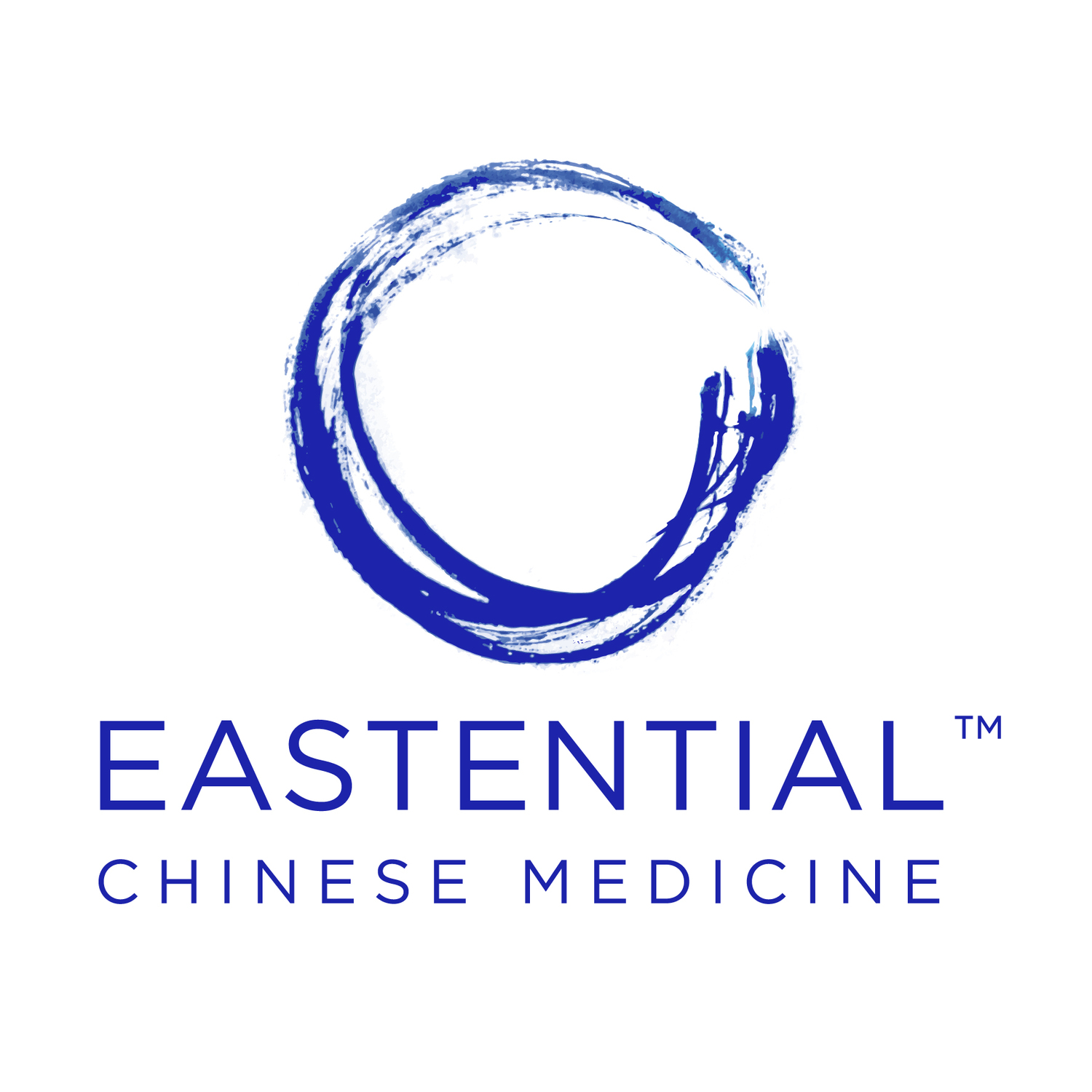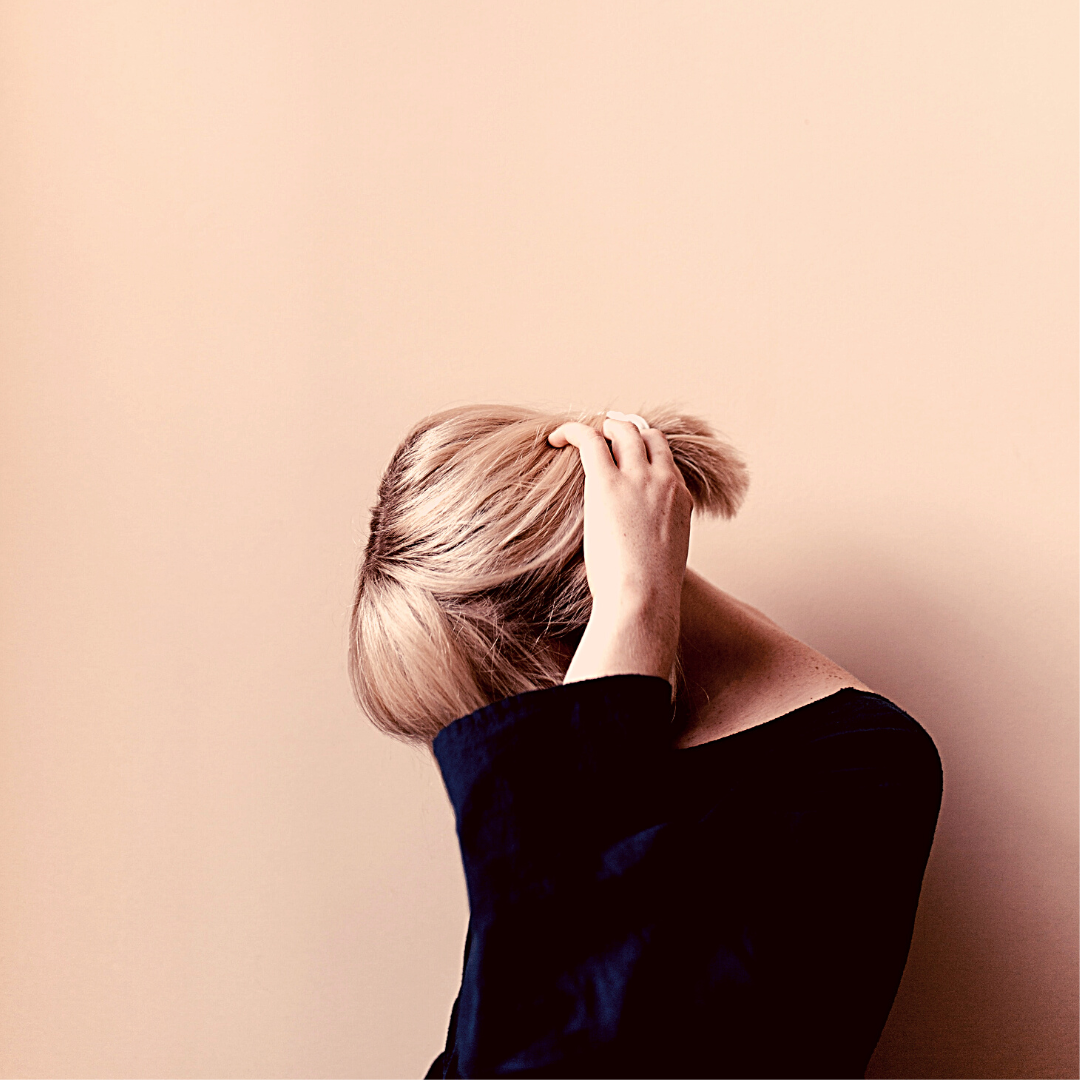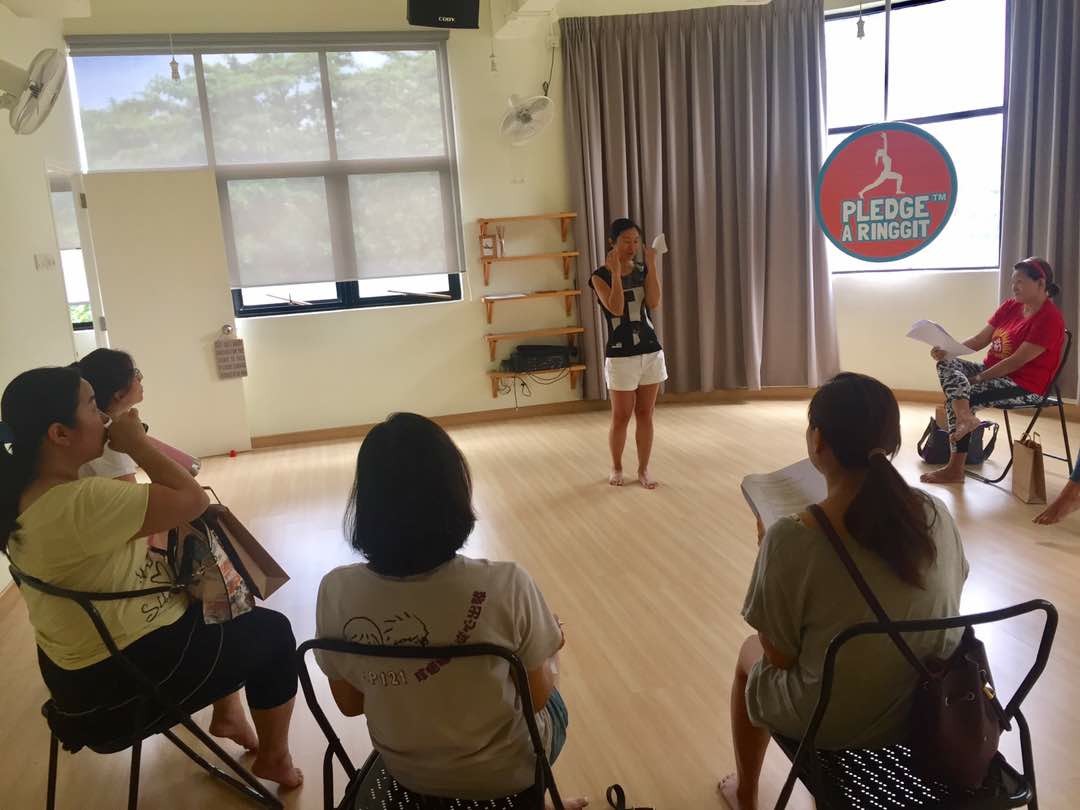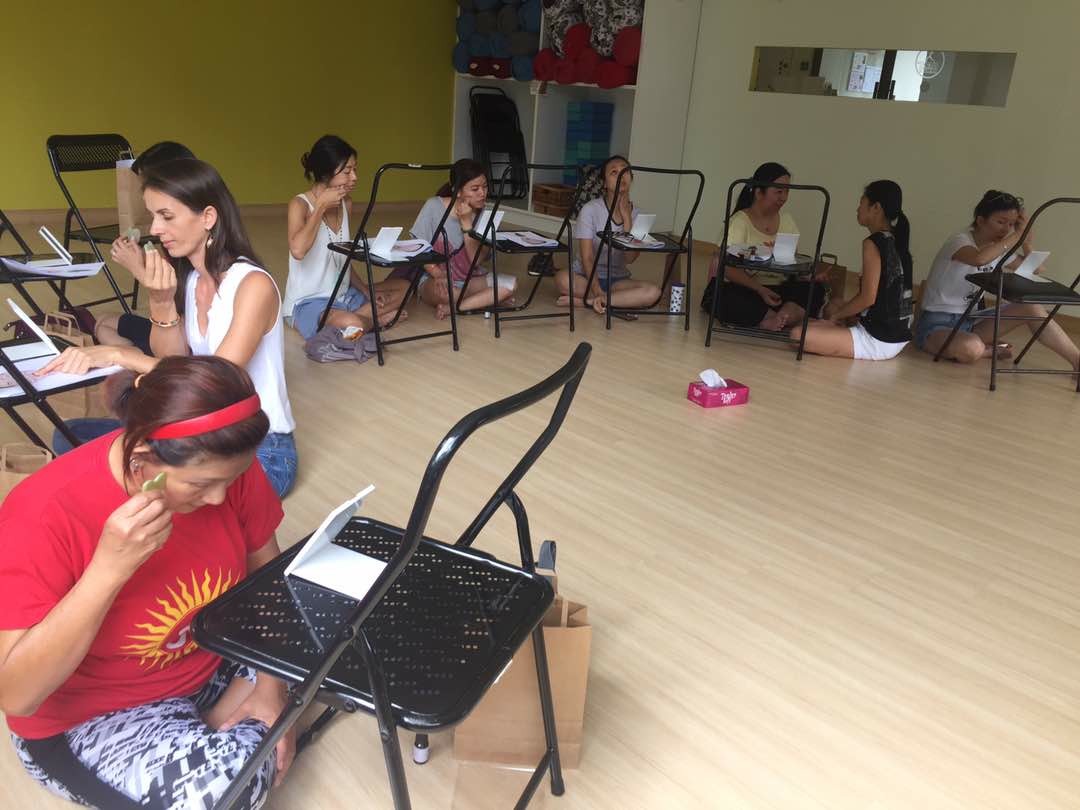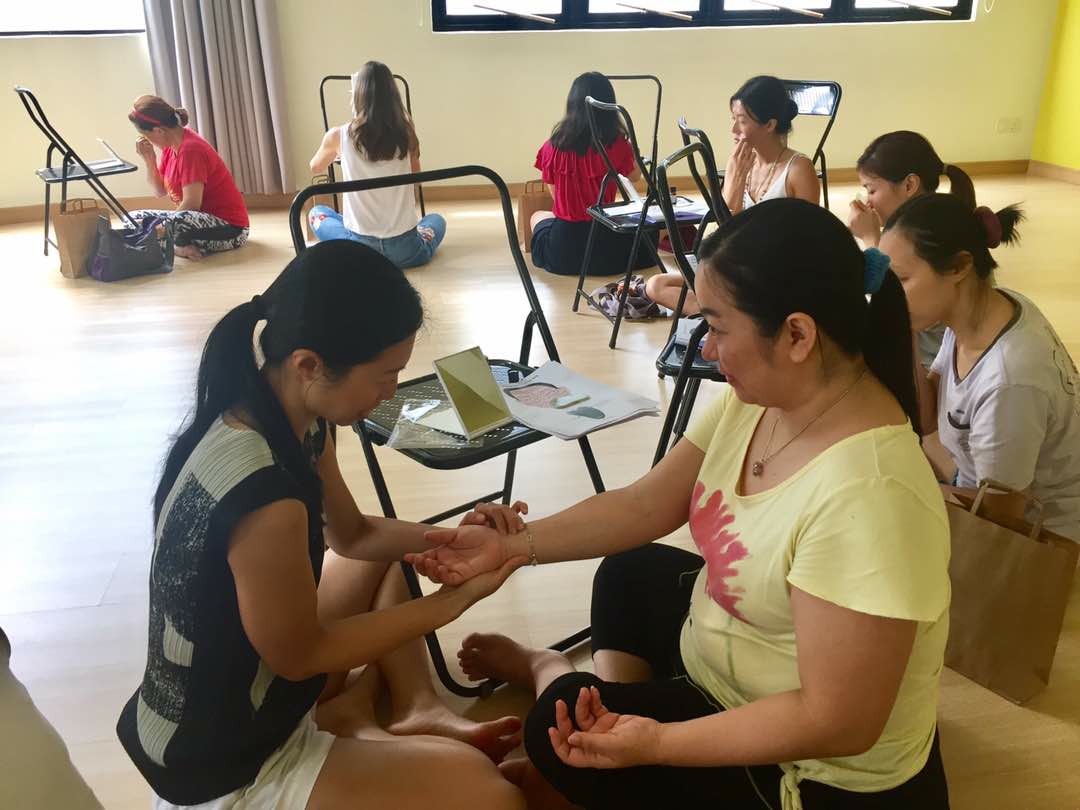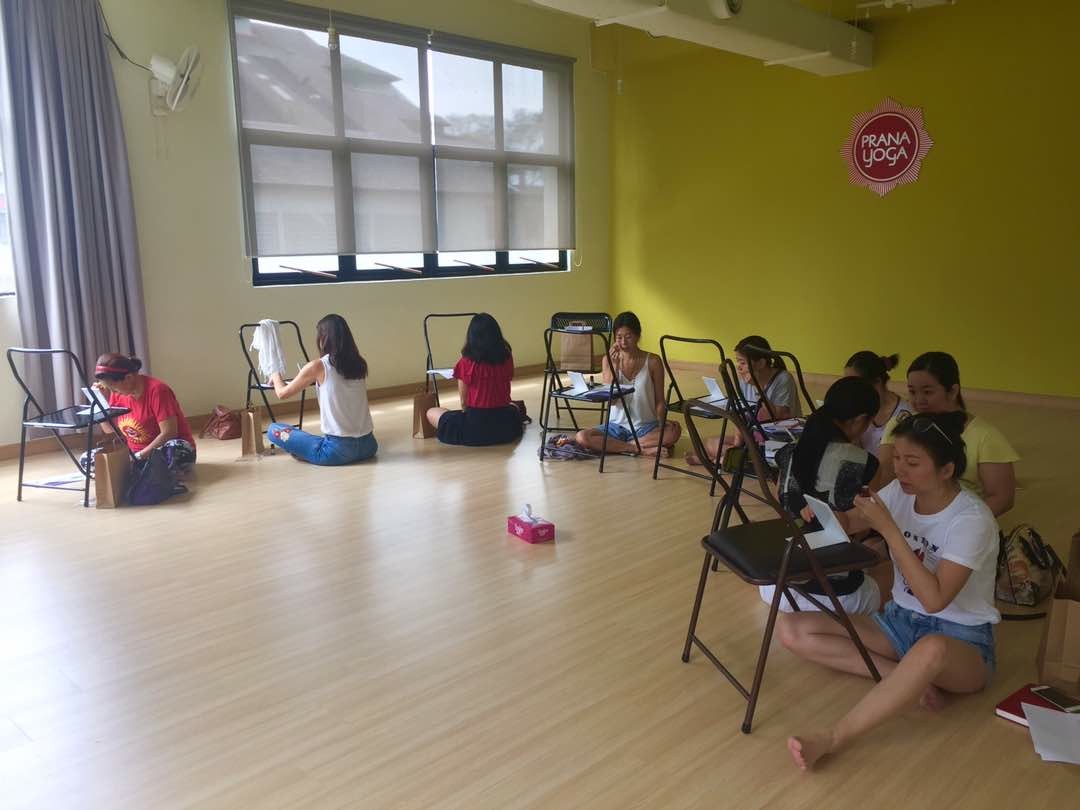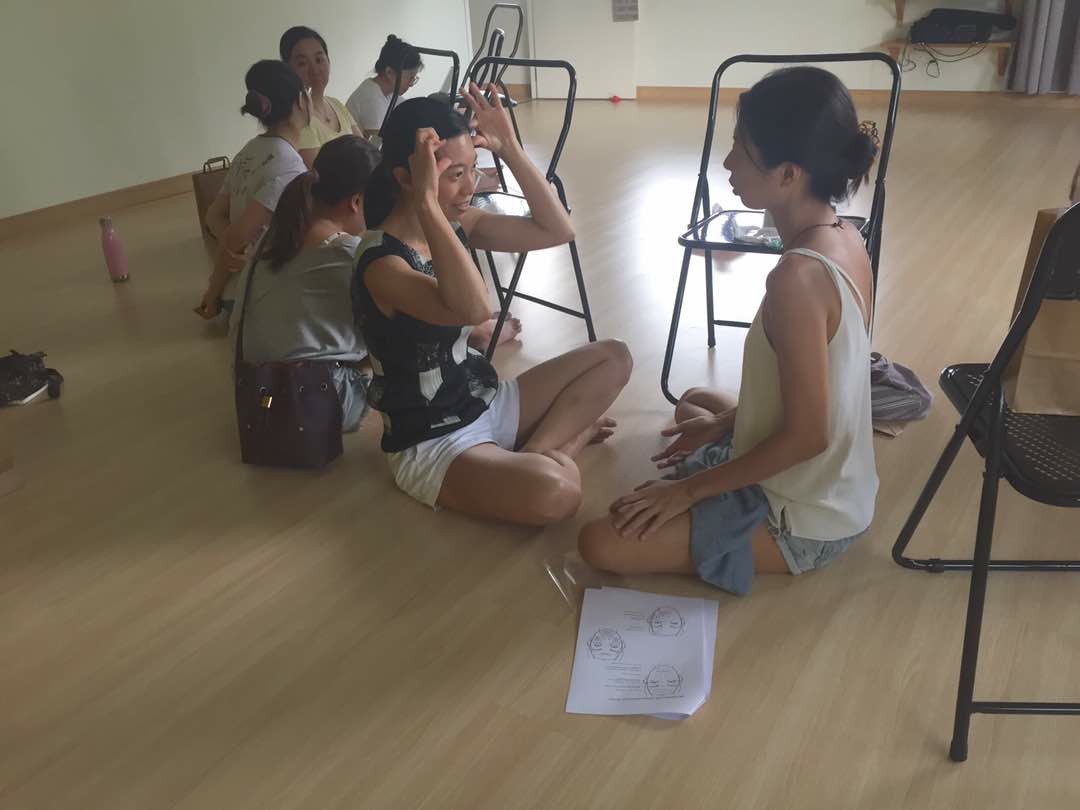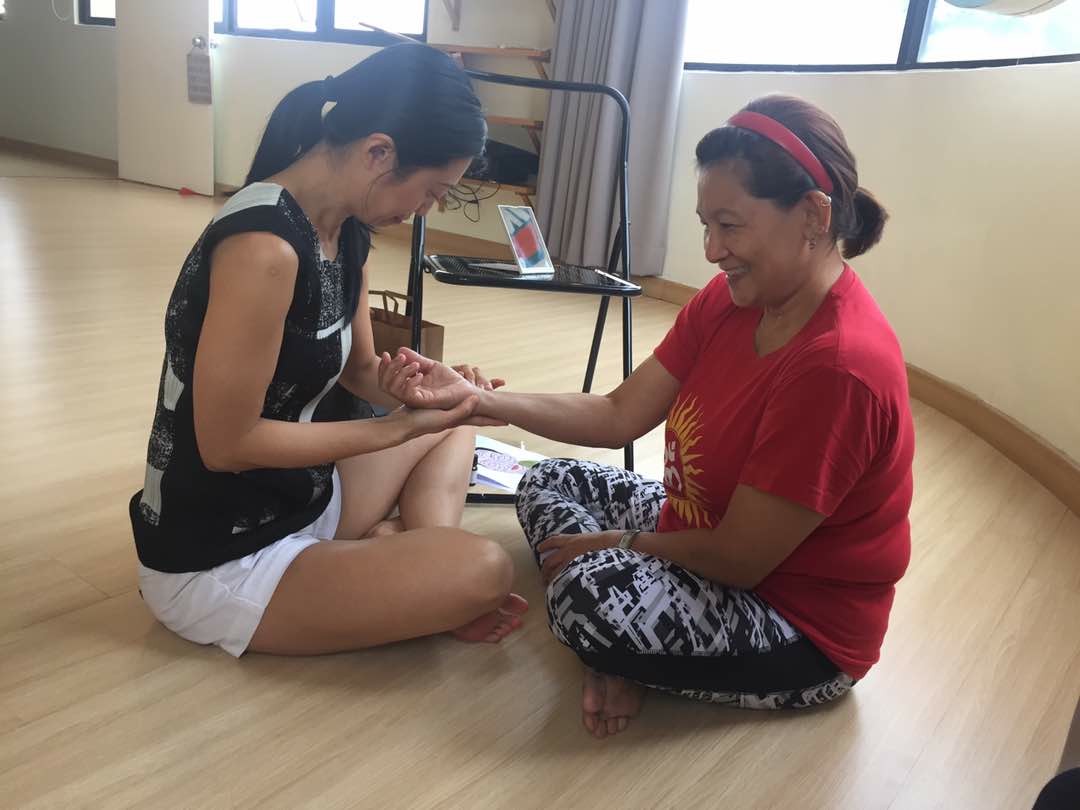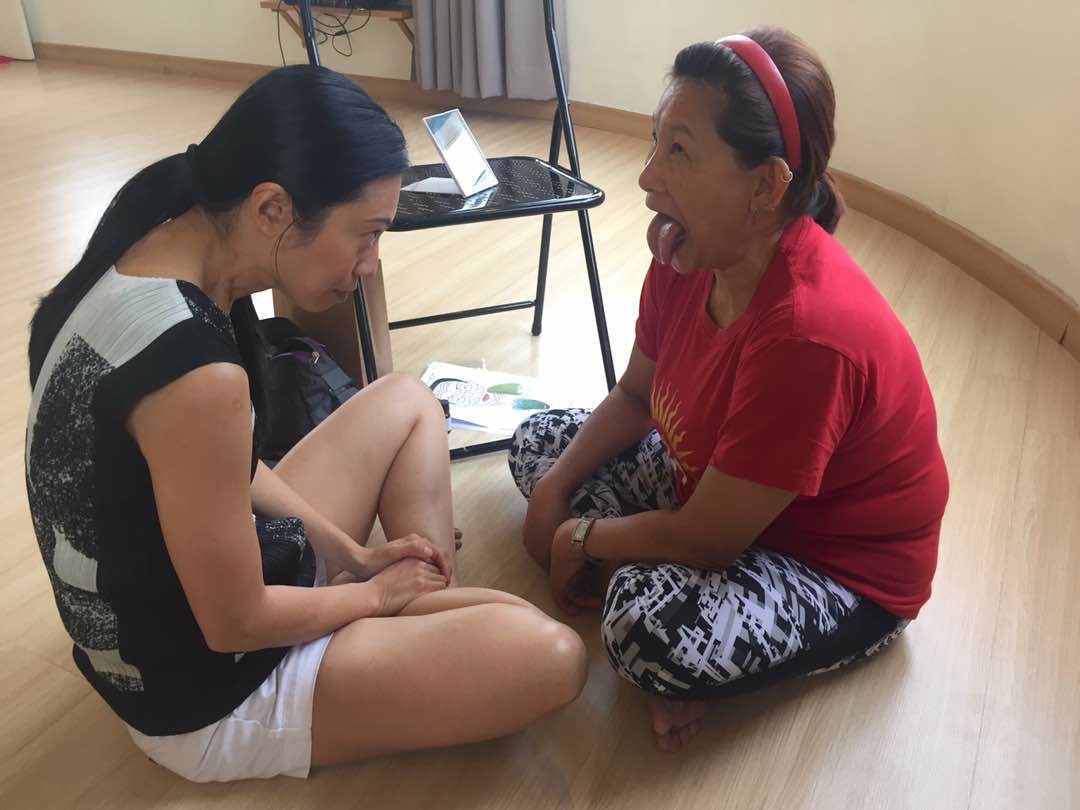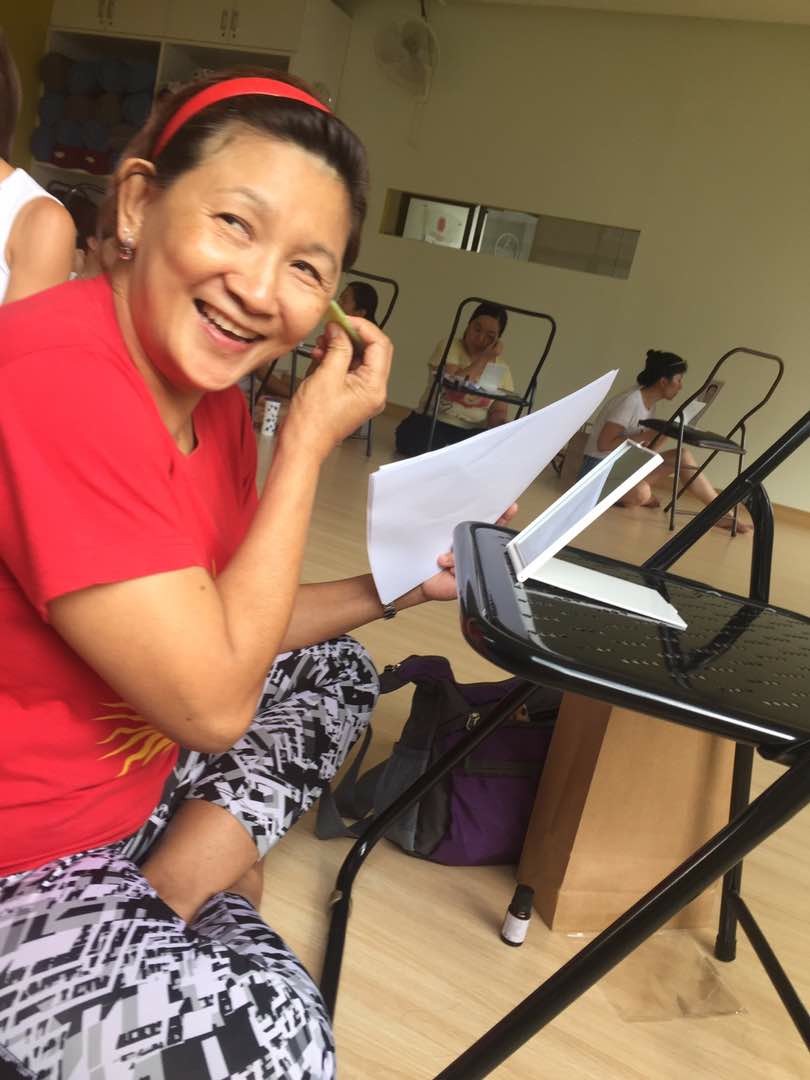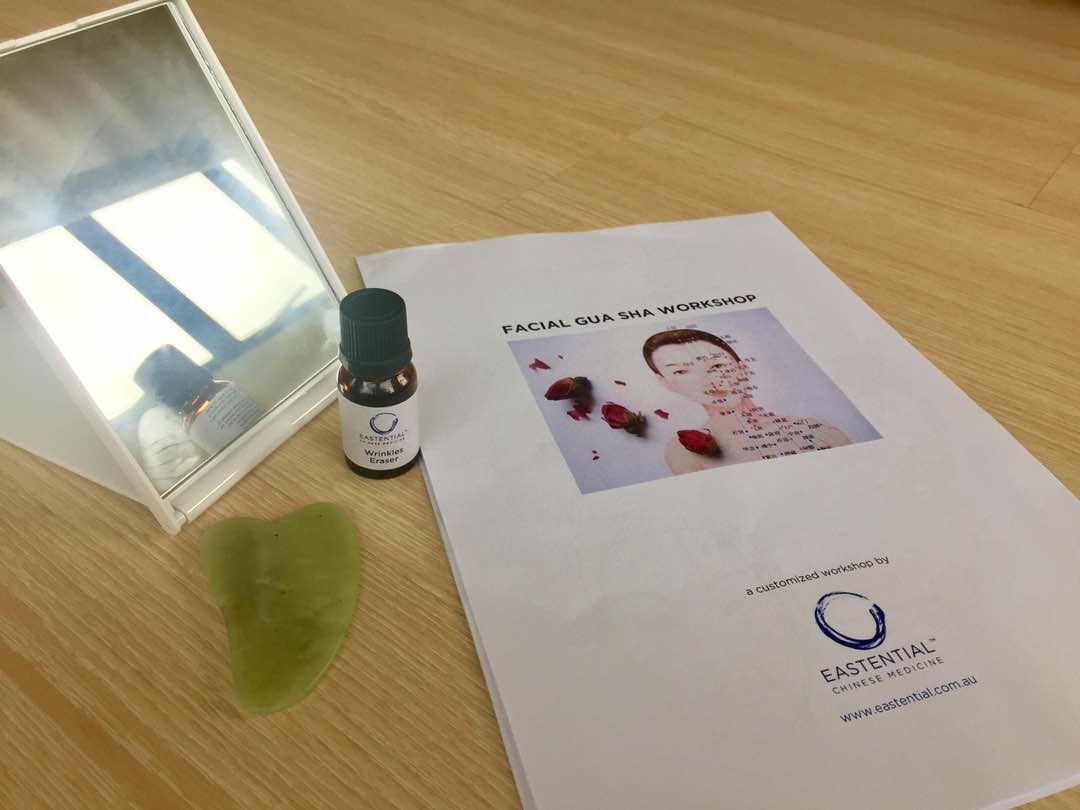What is psoriasis?
Psoriasis is a skin problem caused by the rapid growth of new skin cells faster than normal. This new growth overlaps forming a thick scaly skin on top of the old dead cells that is unable to shed. It is presented as a well-defined demarcated inflamed, scaly, thicken plague lesions. Psoriasis occurs on the legs, elbows, scalp, under the breast, nails and in severe cases the entire body is covered. The cause of psoriasis in western medicine is unknown however, there could be a link to genetic predisposition.
How is it defined in Chinese medicine?
Psoriasis is known as ‘Sliver Scale’ – named after the layers of scales commonly found in this skin condition. The root cause is due to the pre-existing deficiency in Qi and Blood that failed to nourish the skin. However, as the skin condition progresses without proper nourishment and replenishment, it can lead to more wide spread, inflamed, scaly lesions that is transformed into Fire or Heat Toxin type of psoriasis. There are different stages of psoriasis with different presentation of lesions:
Wind-cold - often initial/early stage of the skin problem that is is usually seen in children or adults. Lesions are pale red with thick white scales that are easily shed upon scratching with minimal itching. Often occurs during winter months and disappears in summer
Blood-Heat – increase in red macules or papules and rapid proliferation of scales that are easily shed when scratched with occasional intense itching. This psoriasis is more severe during warmer months.
Blood Dryness – the course of psoriasis is slow with pale red macules and is covered with a thin layer of tightly adhering scales with lesions appearing sporadically
Blood Stasis – this is usually at a chronic stage with dark or hyper-pigmented macules covered by thick, hard and adherent scales. There may be thicken or leathery skin and lesions starts to overlap like map-like-appearance. In addition there is pain or fissuring at site of the presentation
Damp-Heat – typically dark red macules with uneven sizes covered with greasy thick, crust like scales. When scratched, there is moist or weeping exudate. There may be pustules presented in some cases and condition is worse in humid conditions.
Fire or Heat Toxins – very red macules or pustular lesions that develop and spreads rapidly often merging together. It is covered by fine scales that shed easily accompanied with itching, burning and pain sensation.
How does Chinese medicine treat psoriasis?
Chinese medicine treat your body holistically, not just the symptoms. I ask detail questions about your body. I look for signs and symptoms. I observe your skin presentation, the degree of inflammation, where is it presented and how is it manifesting. This gives me clues to where your body is at and, the degree of impact it has on the body systems. This will form the basis of diagnosis which inform me which acupuncture points to use and herbal formula to be prescribed. Each psoriasis case that I see are different. Therefore, there is no ‘one rule fits all’ type of treatment. The treatments are aimed at clearing out inflammation (Heat and Toxins), replenish Dryness, minimise itching and nourish and rejuvenate overall skin health. Herbal medicine is a must when it comes to treating any skin conditions as it is considered an internal imbalance. Using both modalities is encouraged.
How long does it take to reduce and manage psoriasis?
Depending on the severity of the skin condition, it may take a minimum of three months, or up to six months to a year to resolve and manage it. This correlate to the number of years you have been battling with this. The longer you have had it the longer it will take for it to be treated. Patience is key in treating this skin condition.
You can start to see minimal changes to the skin within a month such as less inflammation, scales and healthier overall general well-being. However, the skin is quite volatile to external and internal exposure, there may be some flare ups during the course of the treatments. This is not uncommon as the skin and body system begins to re-calibrate itself. One of the biggest contributing factors in flare ups is stress. Stress can cause myriad of symptoms that impacts the recovery of the skin.
Will my psoriasis come back again after the treatment?
Generally no however, some circumstances it may flare up depending on lifestyle, stress and diet. In addition, if the course of prescribed treatments are not followed and is stopped abruptly, there may be some residual inflammation that had not been resolved or cleared. In order to have a good outcome and to keep the psoriasis at bay, it is advised to keep the recommended course of treatments to see a lasting effect
What can I do in terms of diet and lifestyle to manage my psoriasis?
Firstly, if you are stress, find ways to manage your stress levels such as daily yoga, pilates, meditations, etc. Exercise in whatever form whether gentle walking to cardio work outs are encouraged. In addition to exercising, creating health boundaries especially if you are working from home to allow relaxation times.
Secondly, eating a well-balanced diet consisting of protein, vegetables, fruit and grains. In Chinese medicine, cooking your food and consuming your food warm is paramount in building of good Qi and Blood to treat the underlying cause of psoriasis. A good healthy gut and digestive function ensures a good supply of Qi and Blood. It provides good nourishment and maintains healthy skin. Try to minimise and avoid raw and cold foods such as smoothies, raw veggies, cold salads, cold beverages, ice-cream etc. Reduce processed, deep fried and greasy foods and, minimise or avoid sugar as much as possible.
Where do I go from here?
Simply BOOK ONLINE for a consultation and we can start reducing and improving your psoriasis.
